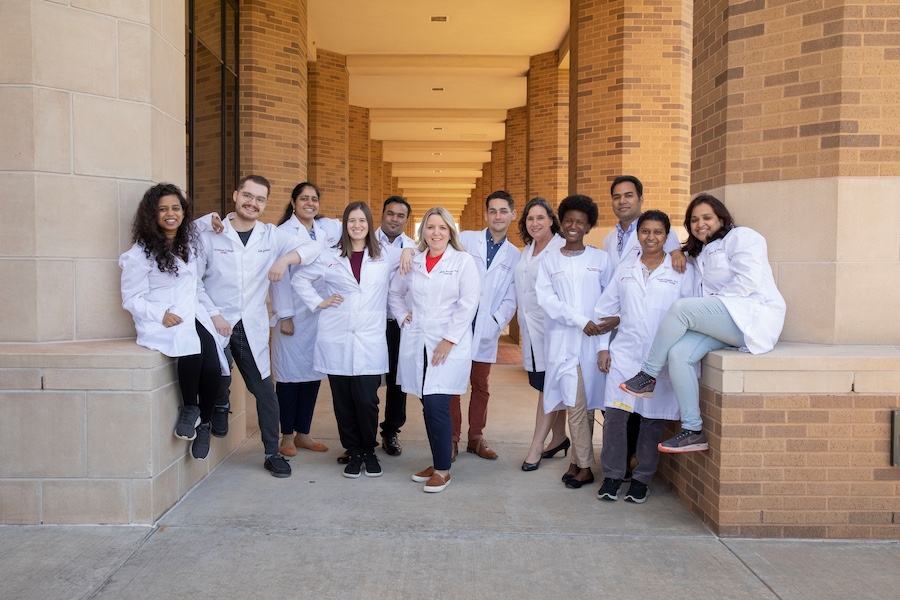An ovarian cancer survivor in Australia, Vali, is 26-weeks pregnant after being told she was infertile due to ovarian cancer treatments. “The sample of Vali’s ovarian tissue was taken from her cancer-free ovary through keyhole surgery and frozen. Seven years later, the tissue was grafted onto the left and right sides of the front wall of her abdomen. After a few months the tissue started working, and with a gentle dose of hormone treatment produced follicles and two single eggs. Both were fertilized, implanted, and became viable pregnancies.
Related Topics

OCRA Invests More than $10.8 Million Toward Research, Part of $14.5 Million Commitment in 2025
In 2025, Ovarian Cancer Research Alliance (OCRA) invested more than $10.8 million toward scientific research—part of our $14.5 million commitment to strengthen the community through research, patient support, education and advocacy. This year’s investment represents OCRA’s broadest scope to date, encompassing not only our renowned grant programs but also global collaborations leveraging artificial intelligence (AI) … Continued

OCRA Sponsors NCCN 2025 Guidelines for Cervical, Ovarian, and Uterine Cancer Patients
This article was updated in October 2025 to reflect NCCN’s release of the 2025 Guidelines for Uterine Cancer Patients. OCRA is a proud sponsor of the 2025 Patient Guidelines for Cervical, Ovarian, and Uterine Cancer. We believe ensuring access to clear, understandable information is critical. NCCN provides wonderful guides for anyone newly diagnosed to help … Continued

KVIA-TV ABC-7 Features OCRA-Funded Research Developing Nanotechnology for Ovarian Cancer Detection
KVIA-TV ABC-7 News El Paso recently spotlighted the groundbreaking work of OCRA-funded researcher Daniel Heller, PhD of Memorial Sloan Kettering Cancer Center, whose research lab is working to develop a liquid biopsy that uses nanotechnology and artificial intelligence (AI) to detect ovarian cancer earlier. We’re developing a liquid biopsy that uses nano sensors and AI … Continued